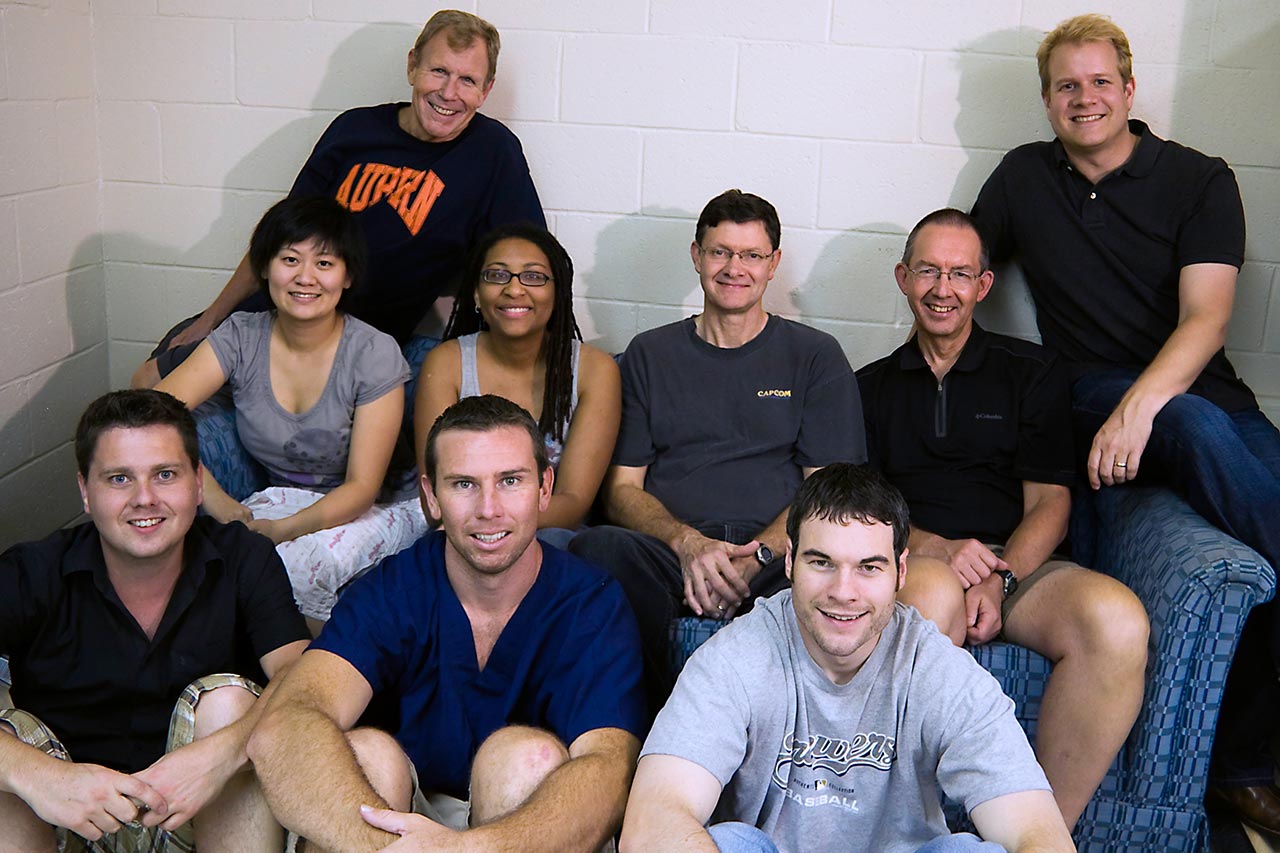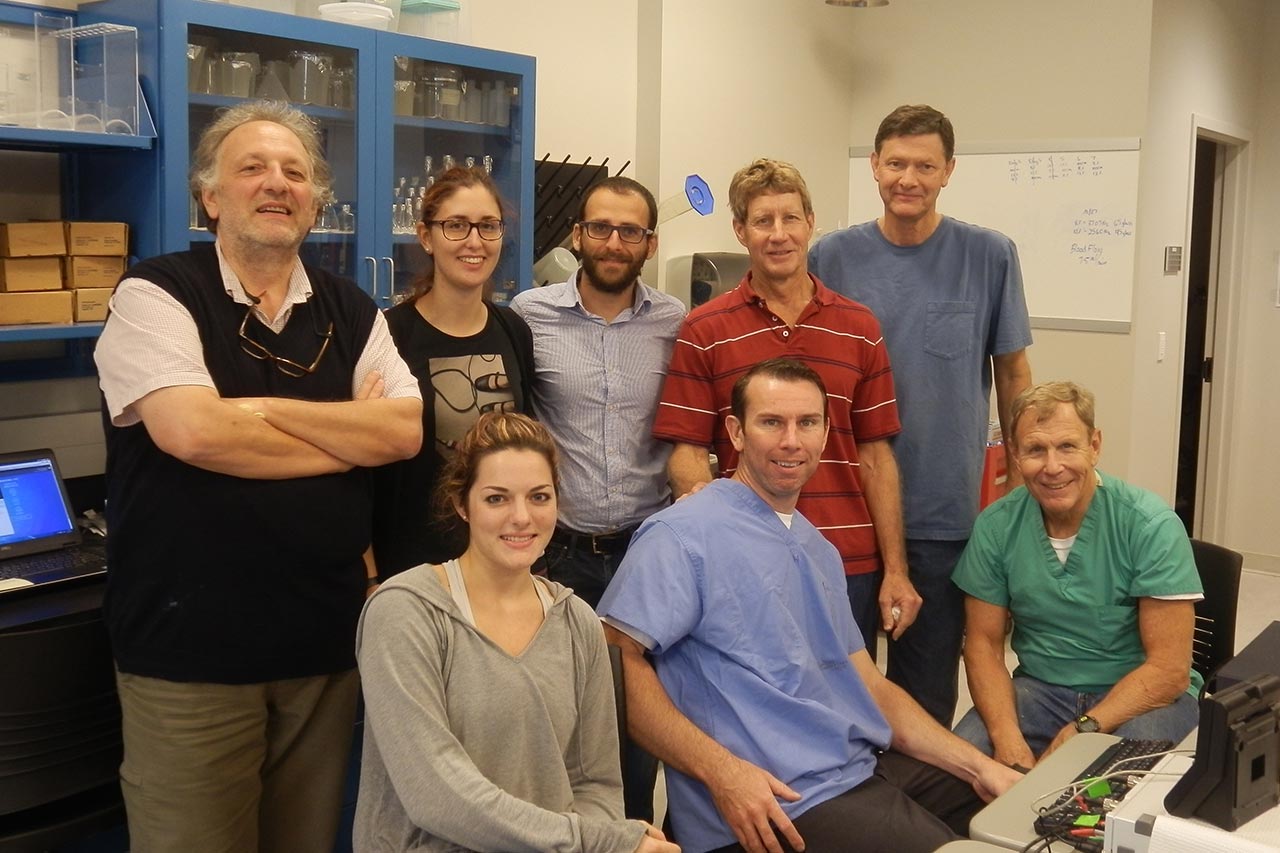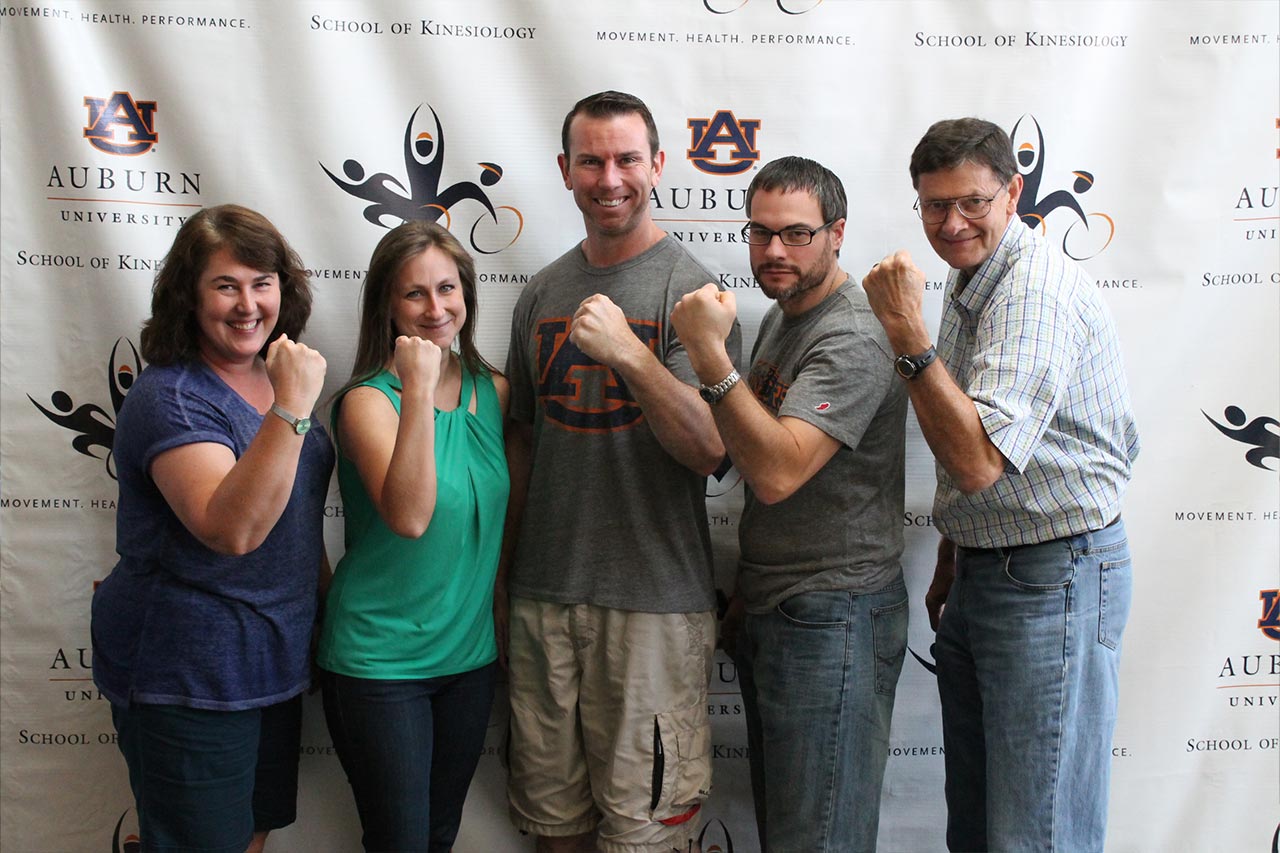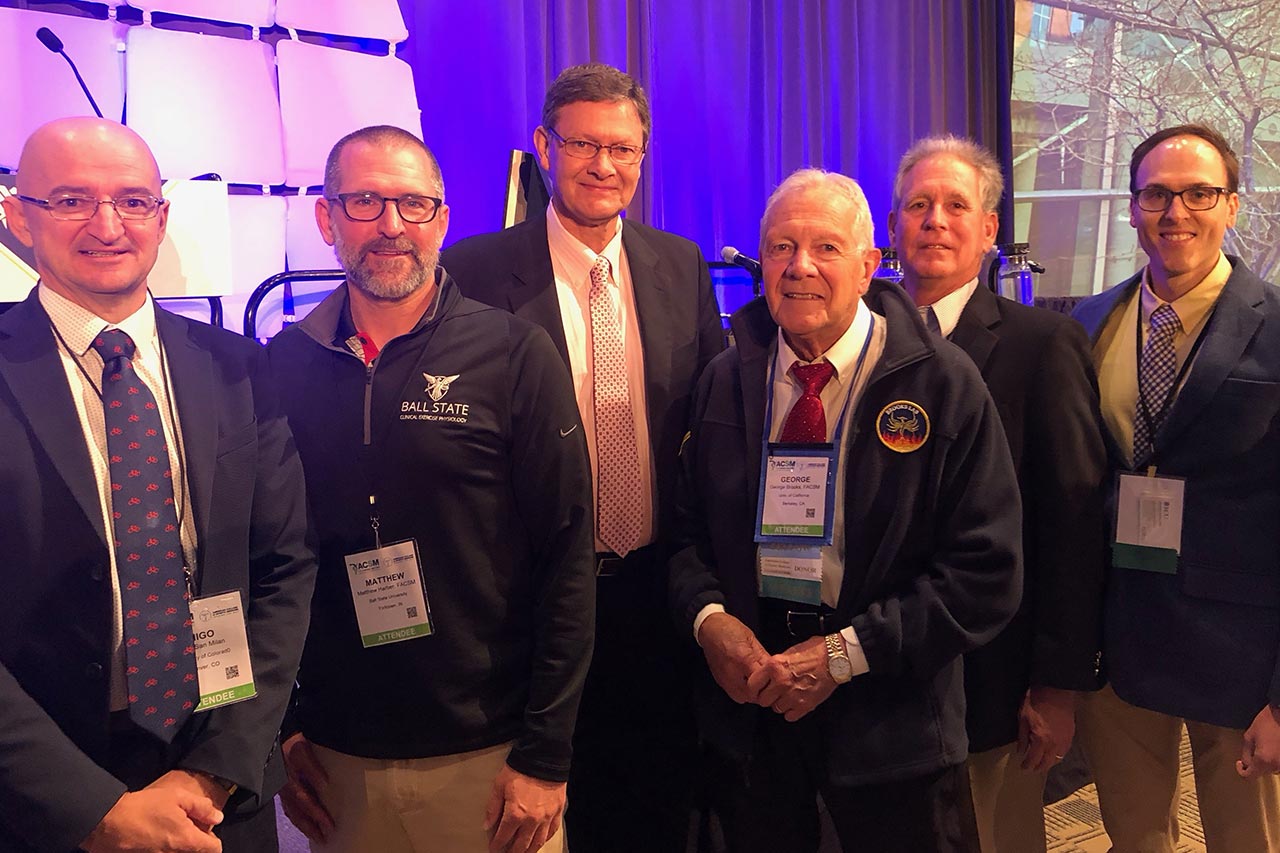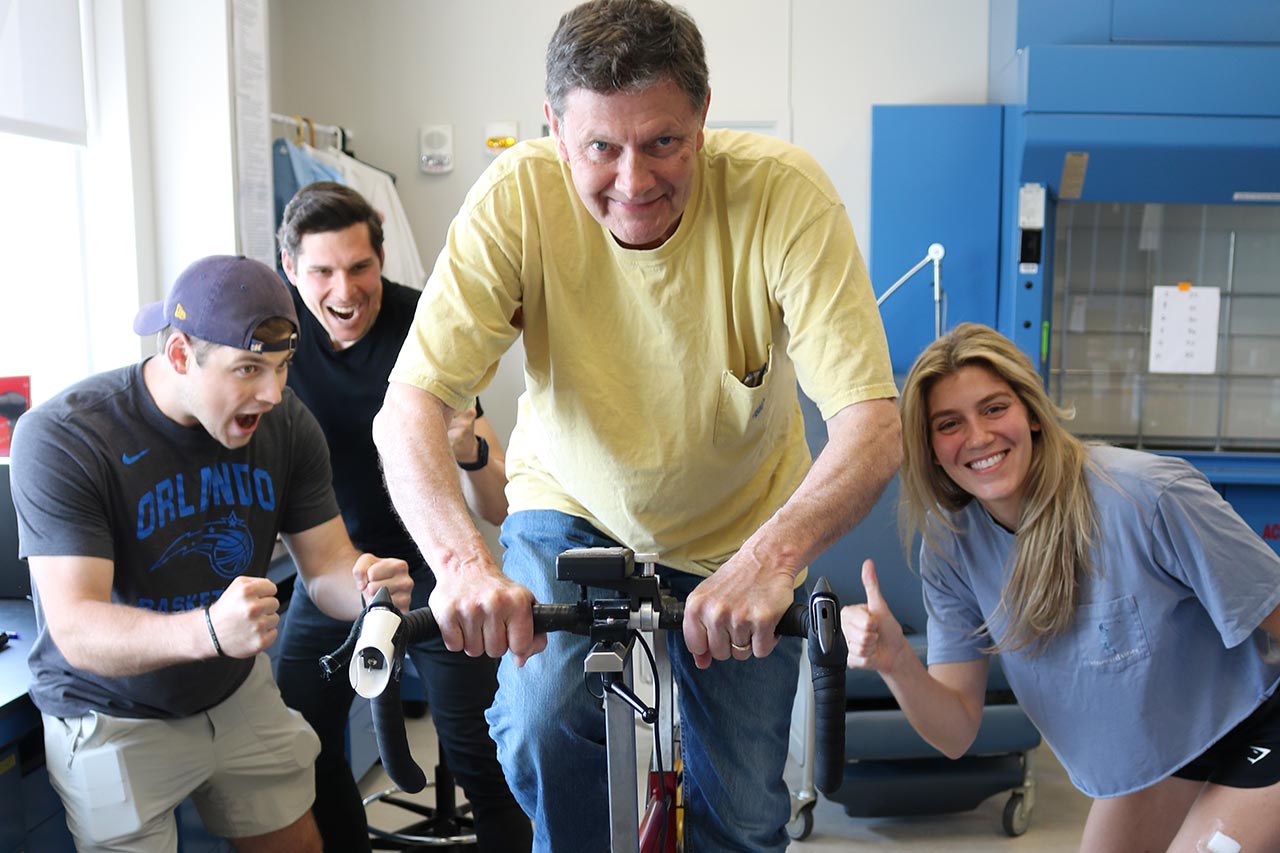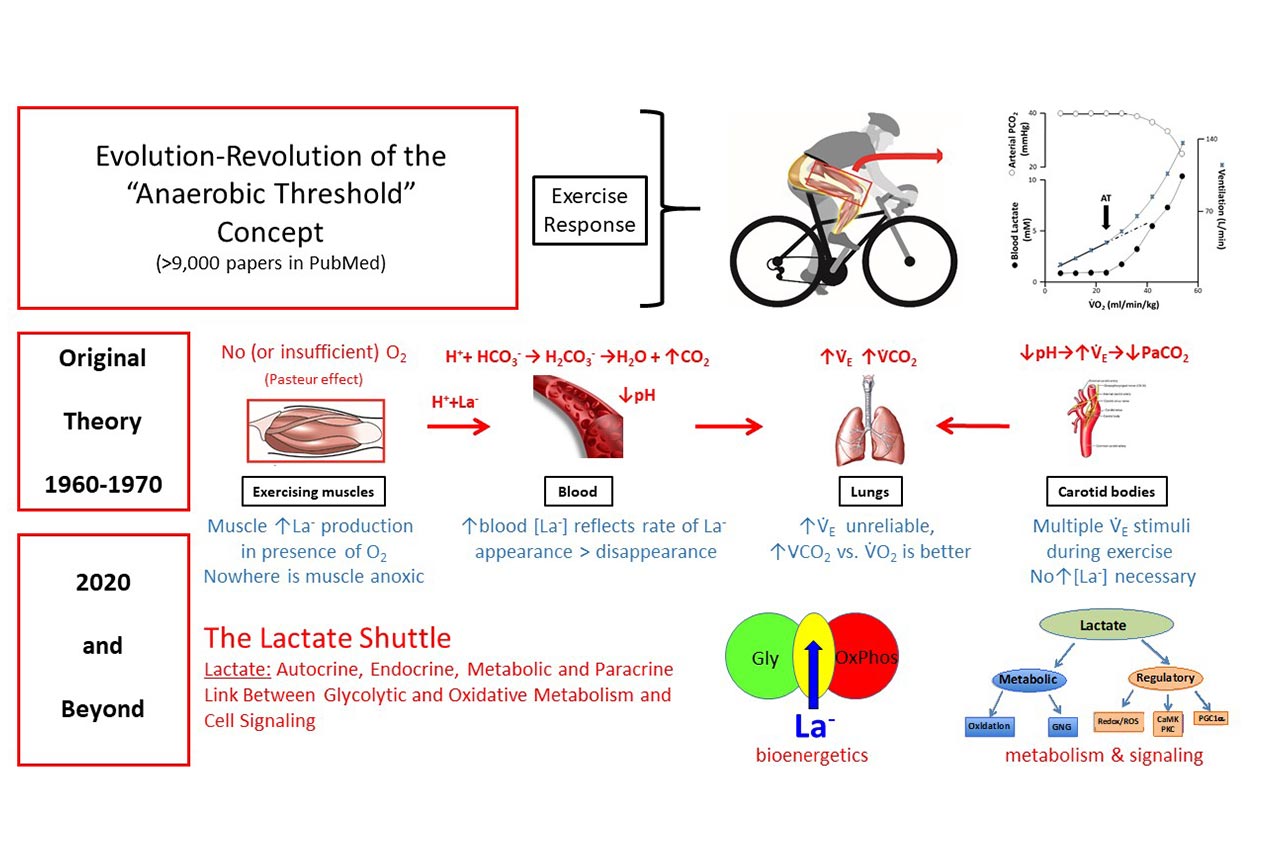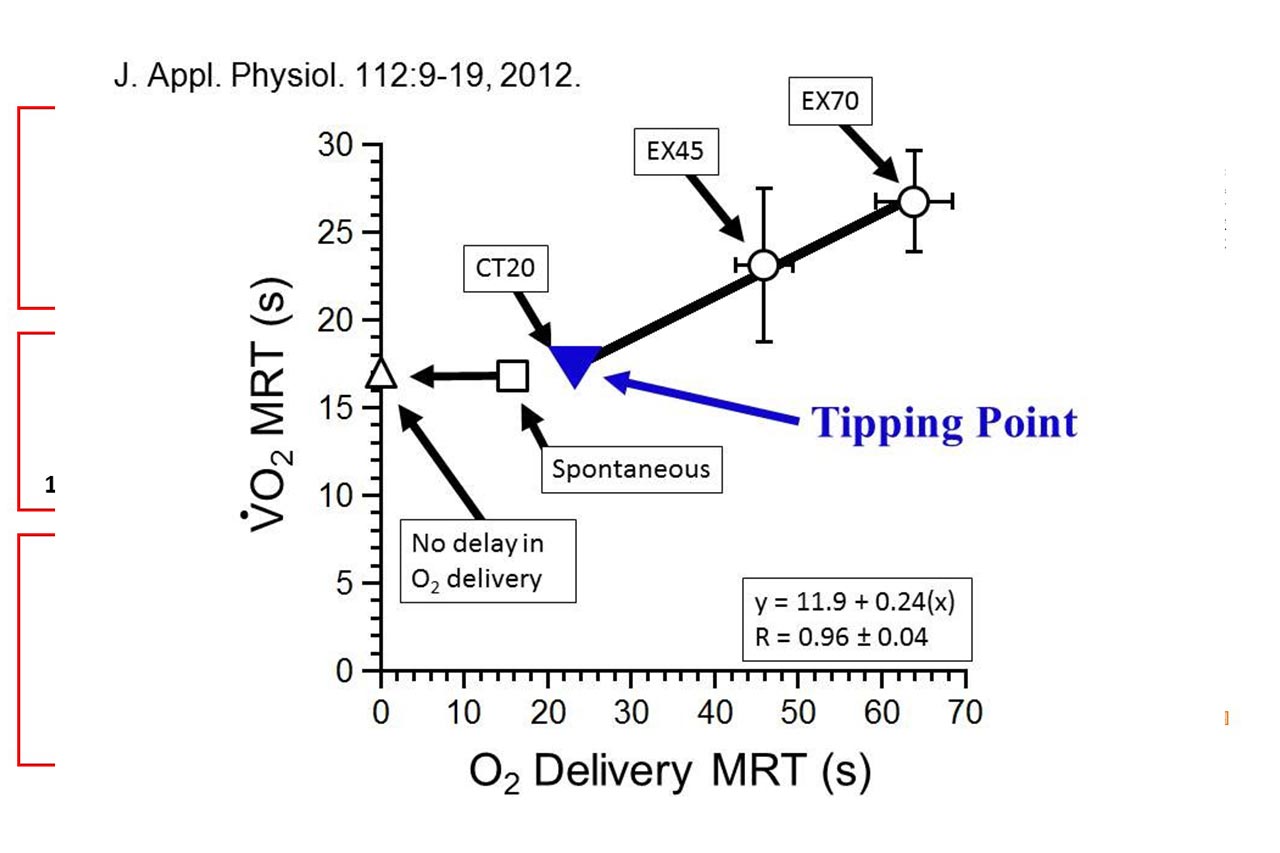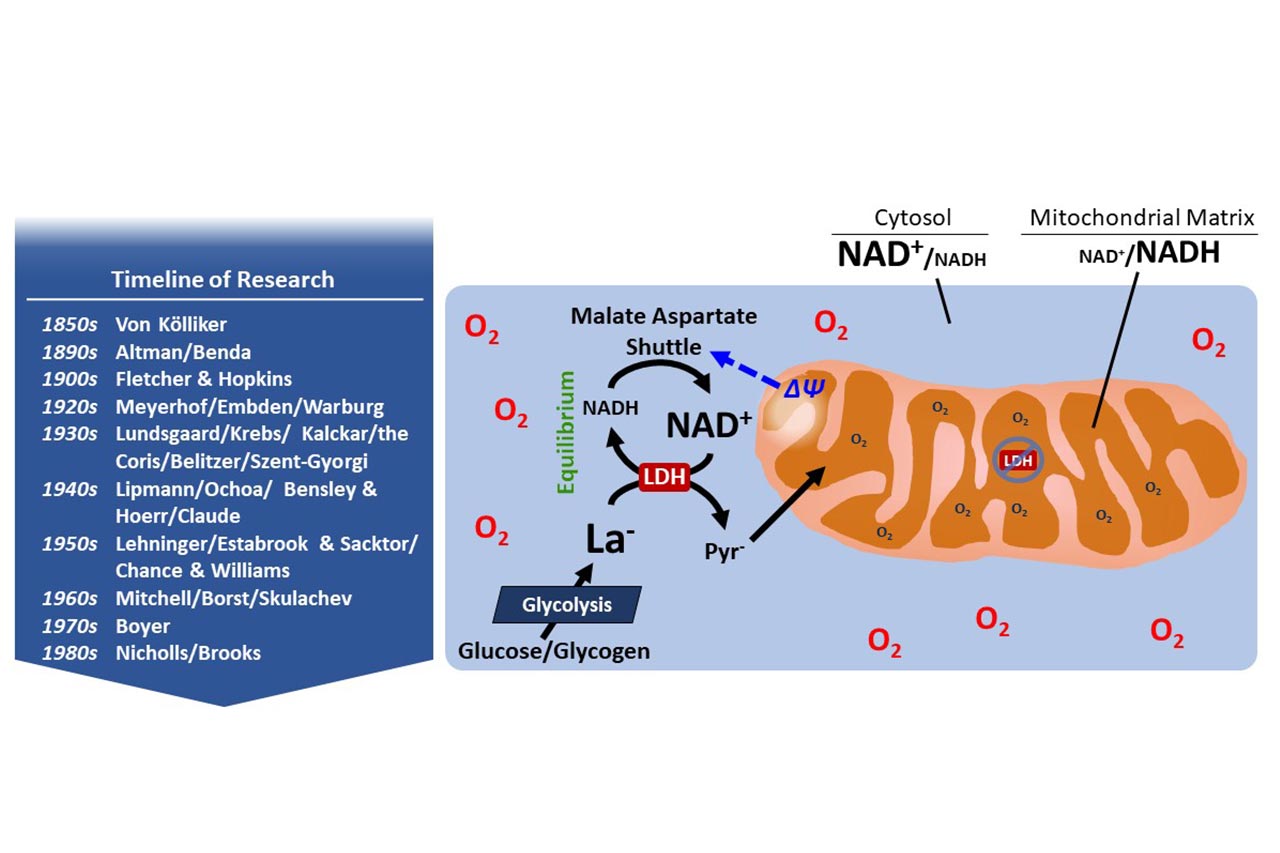The Muscle Physiology Laboratory has a 35-year history in the School of Kinesiology at Auburn University. Its overall emphasis is the regulation of metabolism during exercise. Studies are typically interpreted in the context of human physiology and biochemistry. The experimental models are isolated, blood-perfused canine muscle, red blood cells, and humans.
Early in the 20th century, lactate was believed to be a metabolic dead end waste product that accumulated as a result of a lack of oxygen and caused muscle fatigue and soreness. Now, with work from the Muscle Physiology Lab playing an important role in the transformation, lactate is considered a central player in metabolism, and a means by which metabolism is regulated. Reports on lactate metabolism from this lab have been cited in the context of cancer metabolism. Similar work has been cited by the USA Swimming National Team Performance Support Group in making decisions on lactate clearance tests for elite swimmers.
Another major interest of the lab is exactly how the energy systems make the transition from resting to exercise conditions; the energy expenditure can change by a factor of 100 times at the cellular level! The Muscle Physiology Lab was the first to directly test the role of oxygen in this process; the three most directly relevant papers have each been cited more than 150 times, and this work is highlighted in one of the most widely-used Exercise Physiology textbooks.
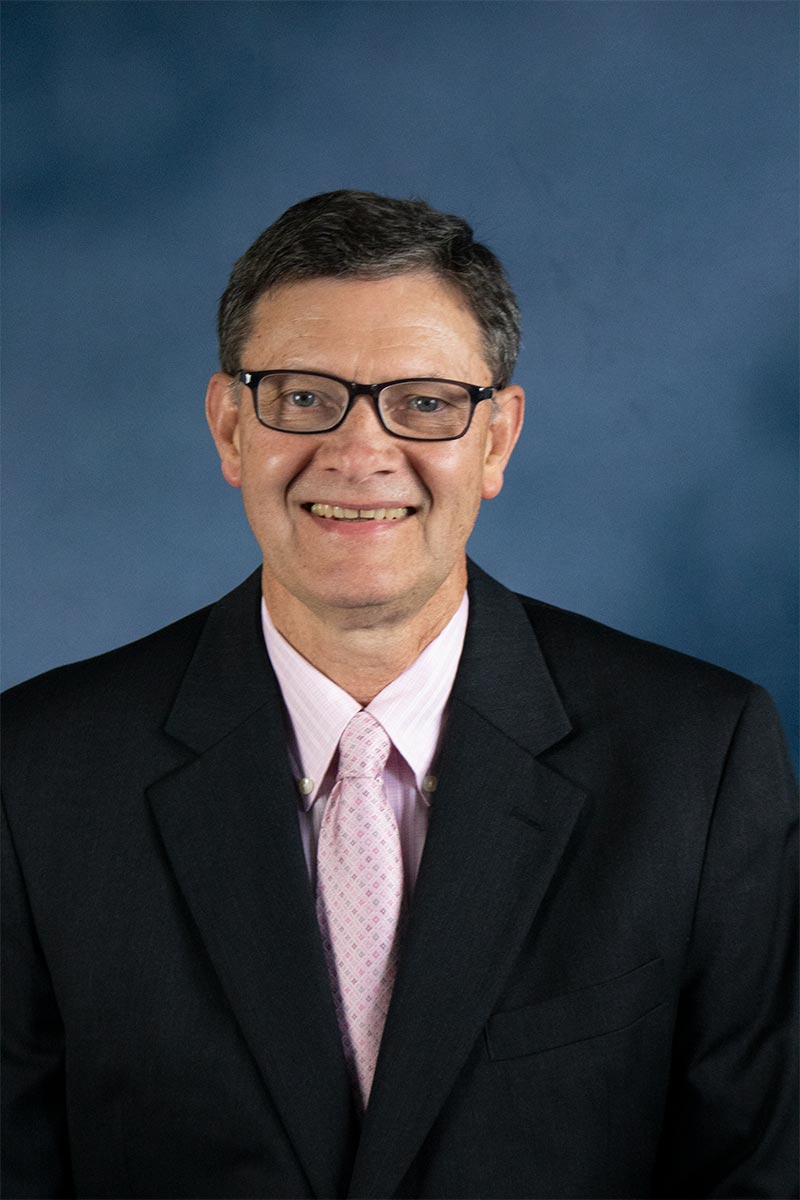
Dr. L. Bruce Gladden is author on 100+ research publications. His h-index is 50, and his work has been highly cited (10,500+ times). His research centers on bioenergetics (lactate metabolism and oxygen uptake on-kinetics). He has received the American Physiological Society’s (APS) Environmental and Exercise Physiology (EEP) Section’s Honor Award, the American College of Sports Medicine’s (ACSM) Citation Award, and he is a past Editor-in-Chief of Medicine & Science in Sports & Exercise. He has served as President of both SEACSM and national ACSM. He has been recognized as the Southeast ACSM Montoye Scholar, and SEACSM Service Awardee.




